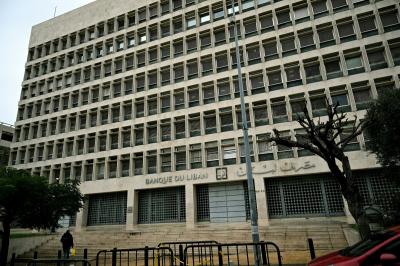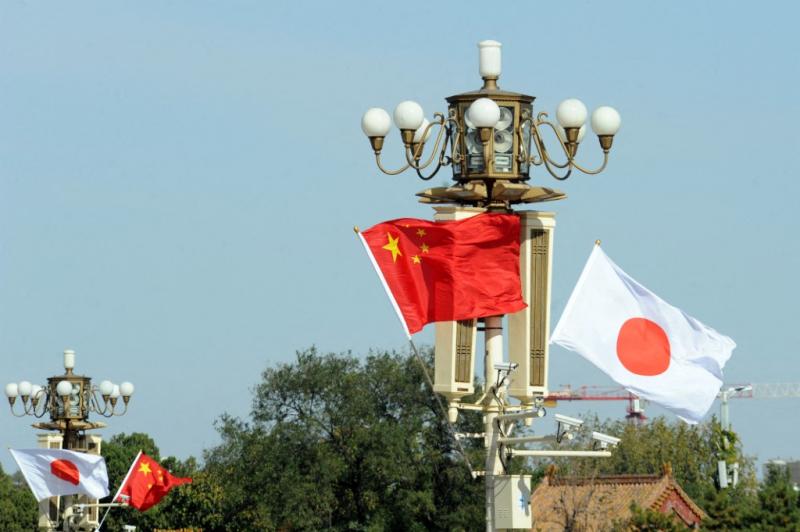After years of darkness on the financial and economic fronts, even the faintest sign of improvement feels like a magnet to our weary eyes. The recent economic indicators suggest positive shifts—not necessarily major, stable, or long-lasting, but nonetheless noteworthy. These developments resemble circular ripples caused by reforms tossed into the murky waters of Lebanon’s economy. The heavier the reform “pebble,” the wider and longer-lasting the ripple.
In the third week of May, three notable changes emerged:
- A single-digit rise in the Consumer Price Index (CPI)
- A rebound in Eurobond prices in international markets
- Lebanon is topping the regional rankings on the Global Economic Diversification Index
Consumer Price Index Slows—but Remains High
While the CPI continues to rise, the pace showed signs of slowing in March, dropping to 9.7%, according to the Consultation and Research Institute. Eight out of nine main components registered increases. The “Miscellaneous Goods and Services” category recorded the highest surge at 39.1%, followed by Education at 30.5%, Healthcare at 12.2%, Food and Beverages at 10.6%, and Entertainment at 6.4%. The only category that declined was Clothing, which fell by 10.2%.
Eurobonds Rebound Slightly on Optimism
The price of Lebanon’s Eurobonds saw a modest rebound, rising to 17.15 cents on the dollar, up from 16.5 cents the week prior. This increase—roughly 3.5%—followed the UAE’s decision to lift its travel ban on Lebanon and reflects growing investor optimism. Analysts say international investors are cautiously betting that Lebanon might eventually sign a deal with the International Monetary Fund, which would require a credible debt restructuring plan.
Lebanon Leads Region in Economic Diversification Index
On a broader scale, Lebanon claimed the top regional spot and ranked 41st globally in the Economic Diversification Index, which has tracked diversification trends since 2000 using publicly available data. The index underscores the importance of policies that reduce economic vulnerability, mitigate trade risks, and support sustainable growth.
Rebound May Be Superficial, Experts Warn
Sami Atallah, founding director of The Policy Initiative and head of research, says that despite appearances, the recent improvements are largely driven by investor speculation—not hard data. He stresses that “without serious legislation on bank restructuring and addressing the financial gap, and without implementing those reforms, any improvements—whether macro or micro—will remain superficial, temporary, and subject to quick reversal.”
Atallah notes that while Lebanon does boast a wide range of exports to over 170 markets, “true recovery requires a healthy banking sector. Without that, production and exports can’t thrive.” He warns that Lebanon remains in a critical, even dangerous phase, and it’s premature to declare that the country has emerged from its economic crisis.
Dollar-Based Inflation Raises Alarms
Meanwhile, economist and executive director of the Consultation and Research Institute, Kamal Hamdan, questions how inflation remains at 9.7% despite the Lebanese pound being stable at around 89,500 per U.S. dollar since March 2023. Hamdan attributes this to “dollar-based inflation,” exacerbated by the absence of union pressure and inactive consumer protection mechanisms. He suggests prices remain high either because sectors like healthcare and education are compensating for past losses, or due to entrenched monopolies keeping prices artificially inflated—or both.
The Calm After the Storm?
“The current state of Lebanon’s economy feels like the calm after the storm,” says political economist Professor Pierre Khoury. “Some indicators appear positive on the surface, but they don’t reflect true recovery—just a temporary lull, not a cure.” He cautions that the recent Eurobond gains are merely investor bets on future IMF negotiations or a debt settlement, rather than signs of genuine fiscal improvement. Without meaningful and transparent reforms, such market reactions remain fragile.
Even the diversification index ranking, Khoury warns, should be taken with a grain of salt.
What’s the Solution?
Professor Khoury argues that sweeping reforms are needed across all sectors. Among his recommendations:
- Financial reform: Revamp public spending, eliminate waste, and ensure fair taxation.
- Monetary policy: Guarantee the independence of the Central Bank and stabilize the exchange rate by eliminating reliance on black-market apps.
- Banking reform: Restructure banks in a way that restores both depositor and investor confidence—not just redistribute losses.
- Trade policy: Prioritize local production over imports and support sectors that can generate foreign currency.
Political Reform Is Essential
Economic reform alone won’t suffice. Khoury insists on overhauling the public sector itself: “Sustainable growth is impossible under a corrupt administration or politicized judiciary.” He calls for transparency in public contracts and budgets, robust oversight, and an independent judiciary. Infrastructure must also be addressed—“no country can grow without reliable electricity, transport, and internet.” Strategic investment in these areas, in partnership with the private sector but under strict regulatory supervision, is essential to protect public funds and ensure quality.
Ultimately, Lebanon’s path to recovery hinges on political, security, and judicial stability—cornerstones for attracting investors. Reforms must be implemented on the ground, not remain suspended in the “clouds” of political speeches. Investors—whether Lebanese or foreign—will not put money into a country plagued by infighting and instability. If Lebanon seeks investment, it must offer real security and legal guarantees—not just rhetoric.
Please post your comments on:
[email protected]
 Politics
Politics













